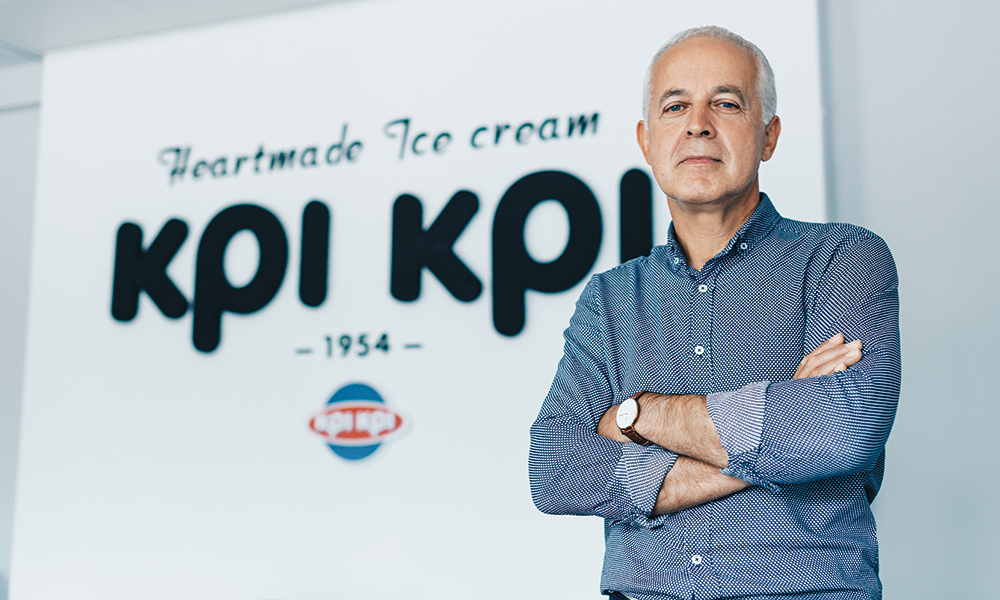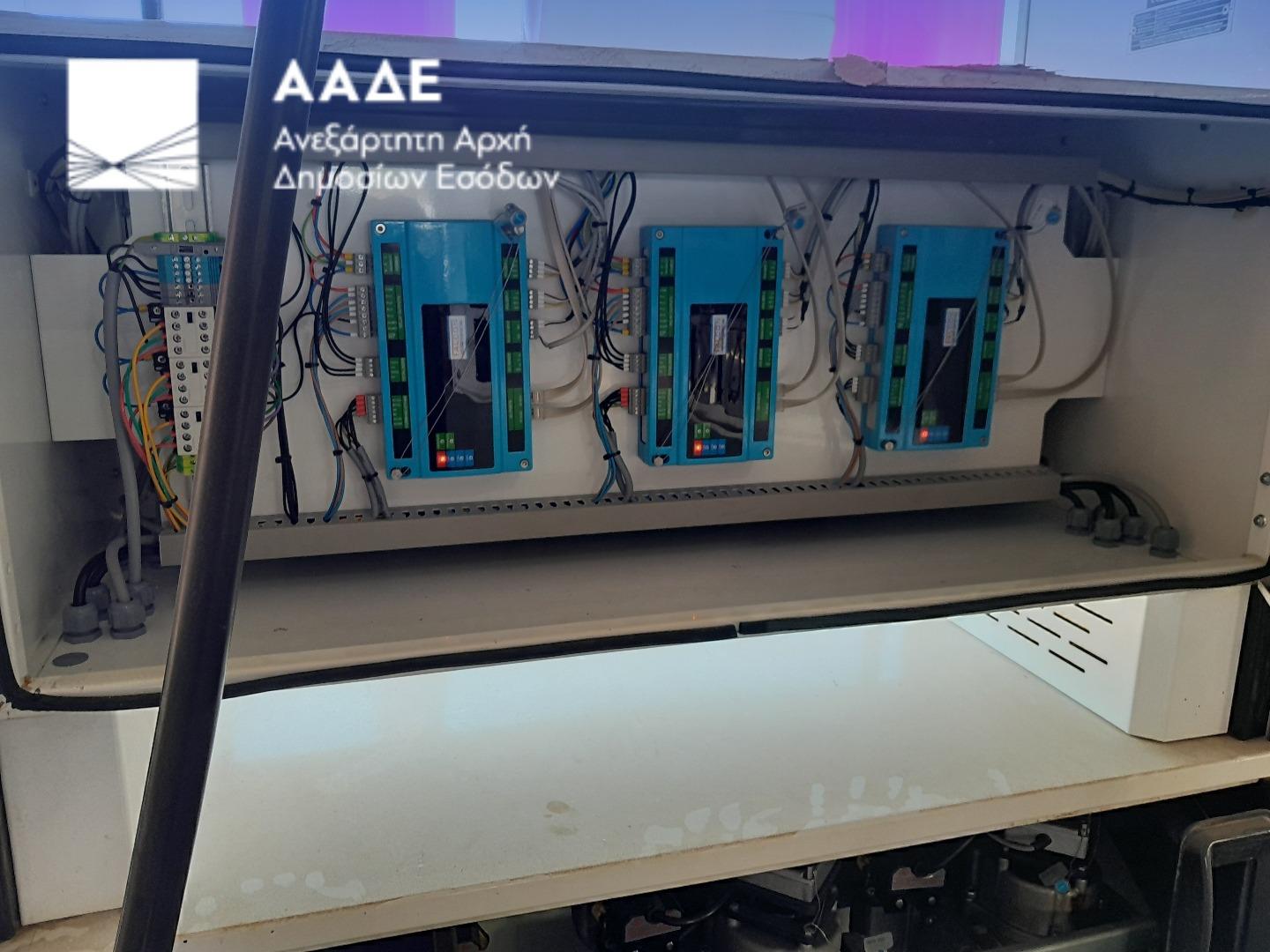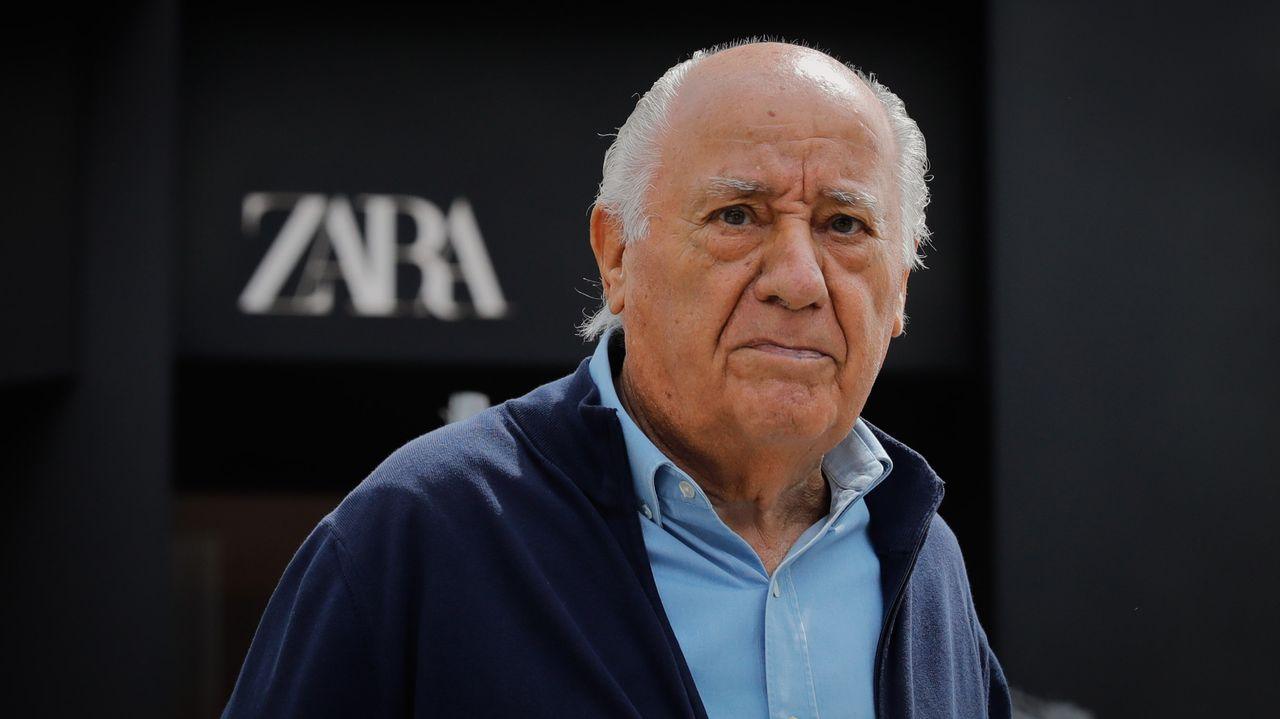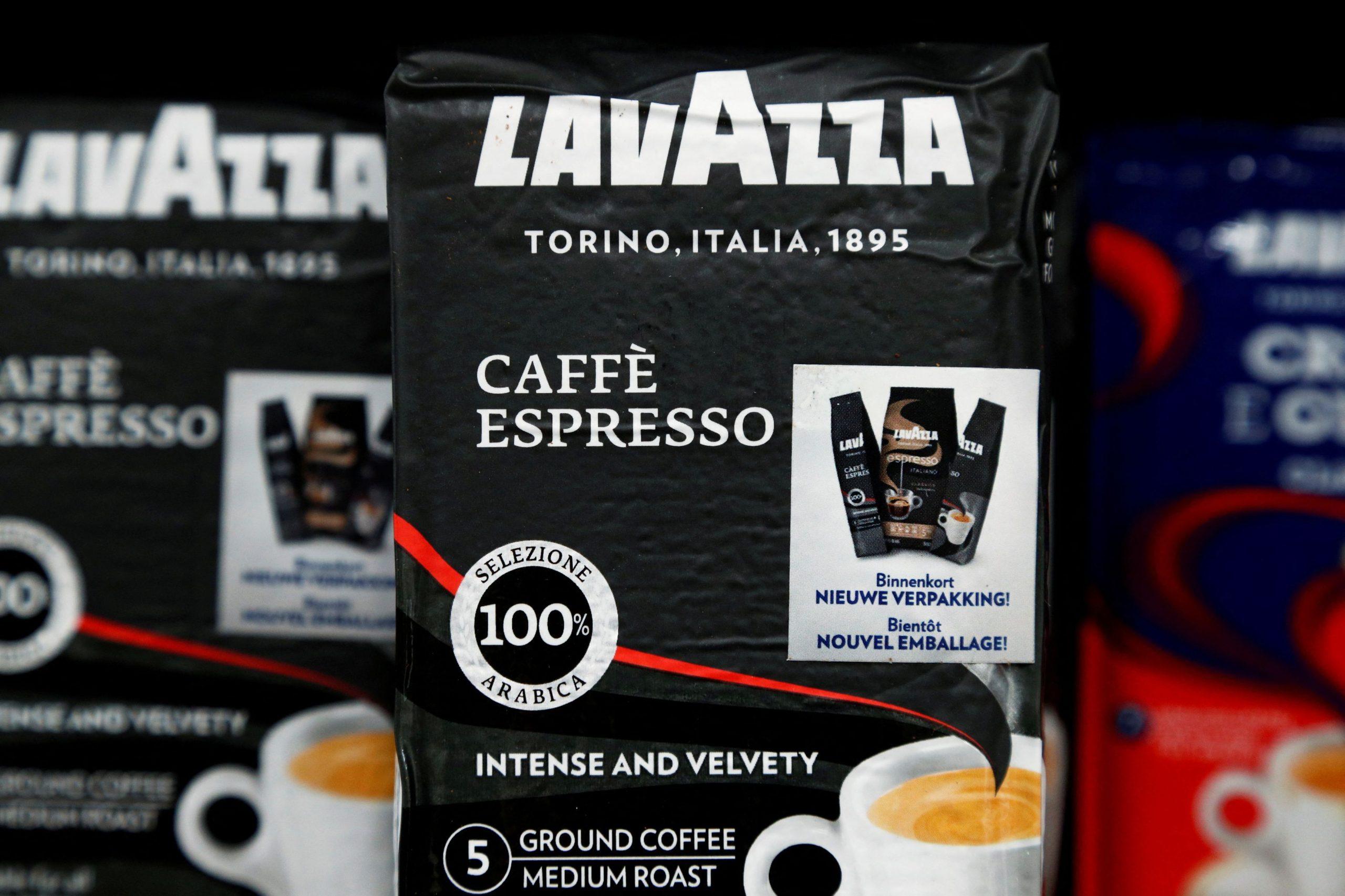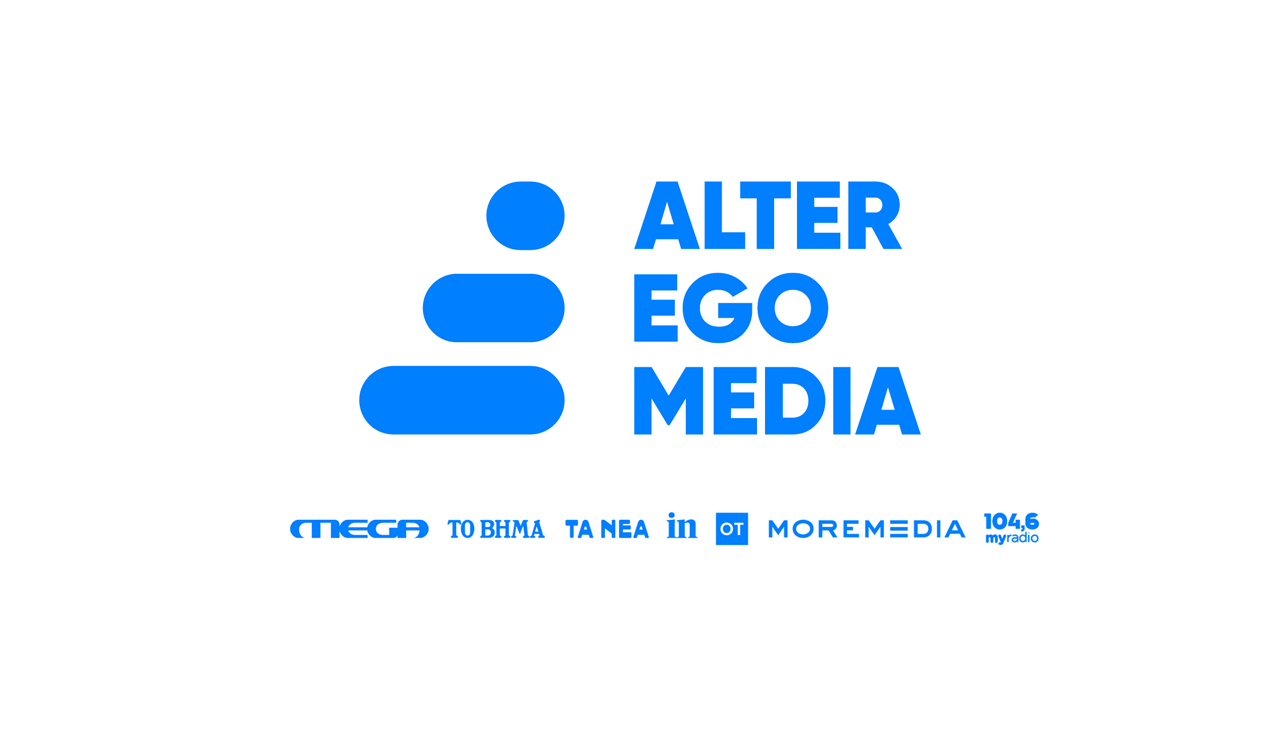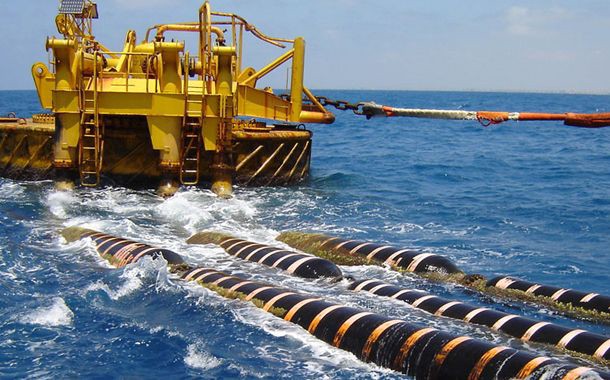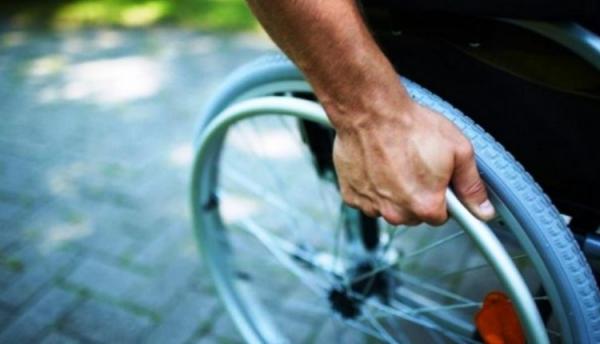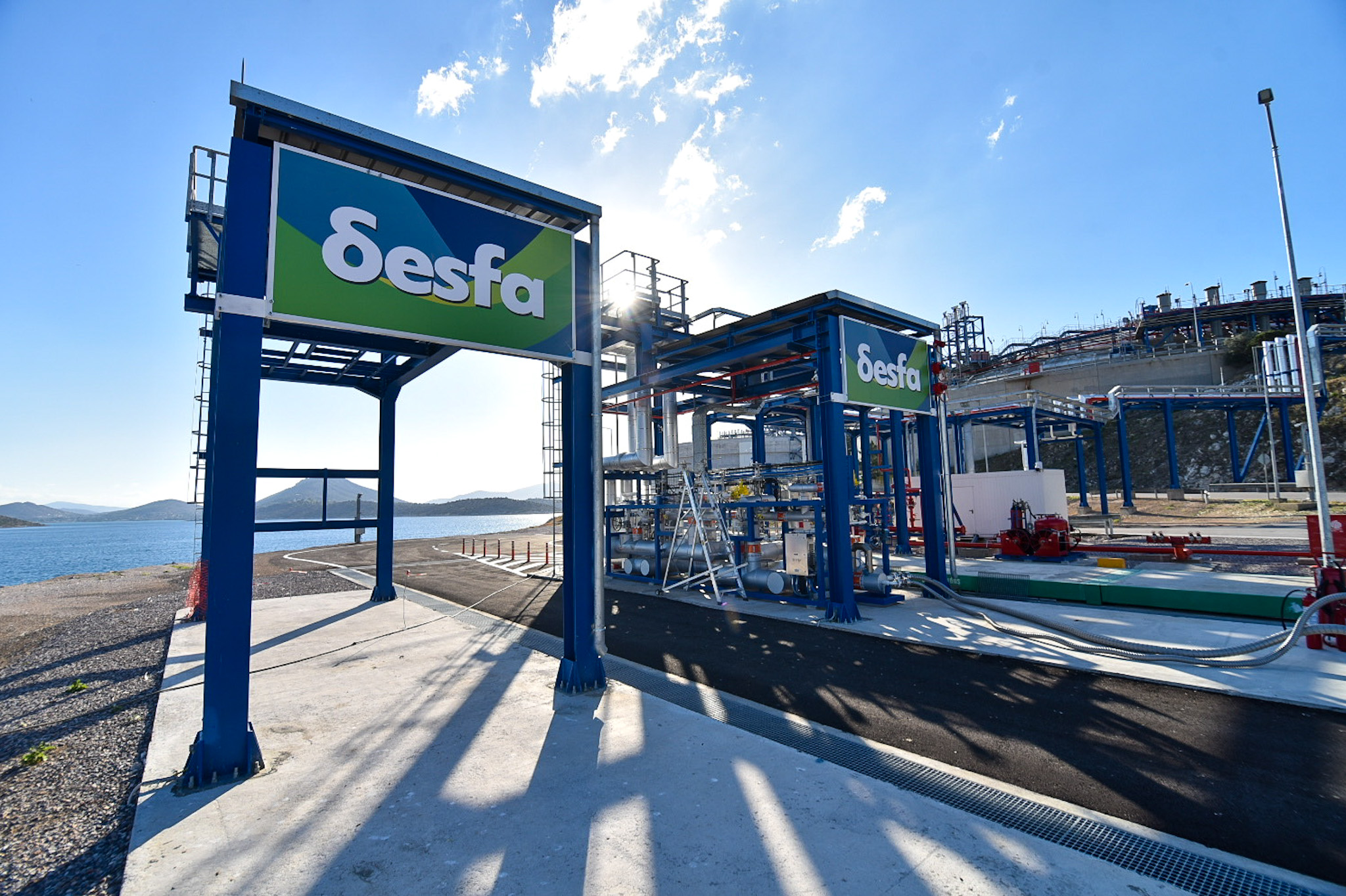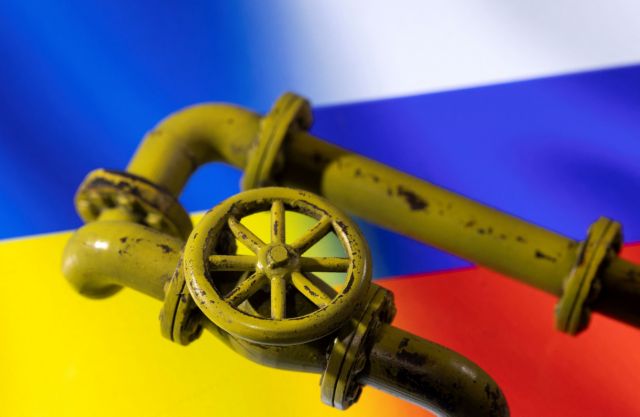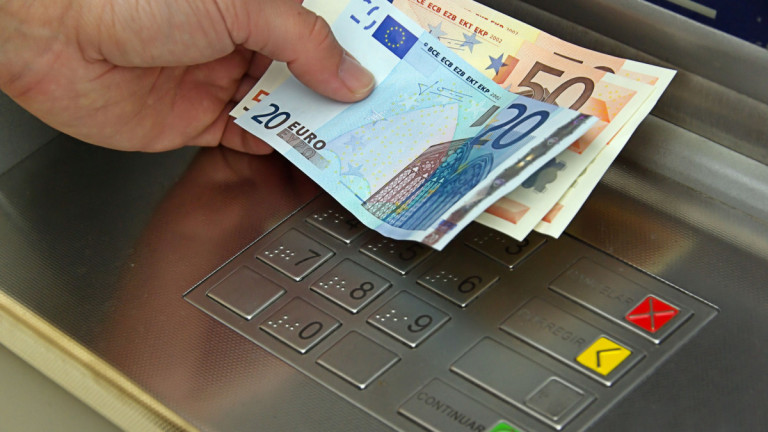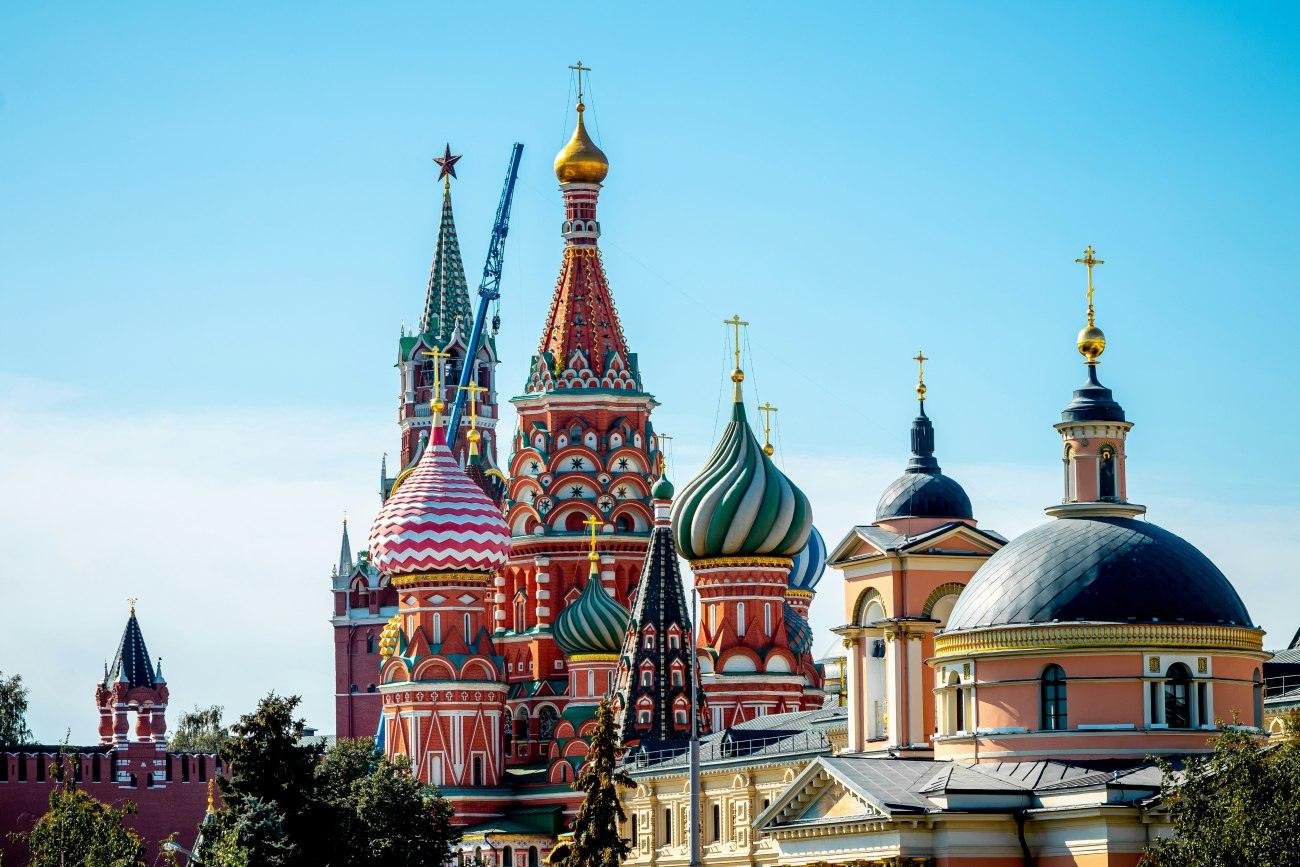“No ministry has been effective in controlling prices. Virtually no intervention was made. Speculation continues. “Many industries are in despair.”
The above was mentioned by the president and CEO of Kri-Kri Mr. Panagiotis Tsinavos, on the sidelines of the presentation of the new biogas plant and RES production of the listed dairy industry, with the businessman from Serrais emphasizing that “we see a speculative rise in prices, raw materials and packaging materials “, which will be regulated by the market itself, through the reduction of consumption.
In 2022, he said, despite price increases, the overall market for fast-moving consumer goods (FMCG) is down by 3% in value and 4.6% in volume. As for yogurt, in the first four months of the year the fall is multiple, as the total market in volume has decreased by 11%, while in value by 7.5% although all dairy companies have increased prices.
Price increases
“Prices for raw materials, cow’s milk, have risen by more than 30% in one year,” said Kri-Kri’s CEO, noting that from 0.38 per kilo last year, this year it has risen to 0.50 euros per kilo. And the reason is the huge increase in feed, basically for-profit according to Mr. Tsinavos.
In total, the operating costs of the company have increased by 20%, commented Mr. Tsinavos. However, with consumer incomes declining due to rising inflation, businesses can not pass on all product increases. The result is that their profitability is affected.
Kri-Kri has already proceeded with two price increases of its products (one in December of 4% and one in May 5-6%) having absorbed 50% of the cost.
However, even if the inflationary pressures subside, it does not necessarily mean a reduction of prices on the shelves, Mr. Tsinavos stressed.
Extroversion is a strategic choice
At this difficult time, Kri-Kri’s goal is to boost its exports and expand its markets by taking advantage of the growing trend of Greek yogurt worldwide.
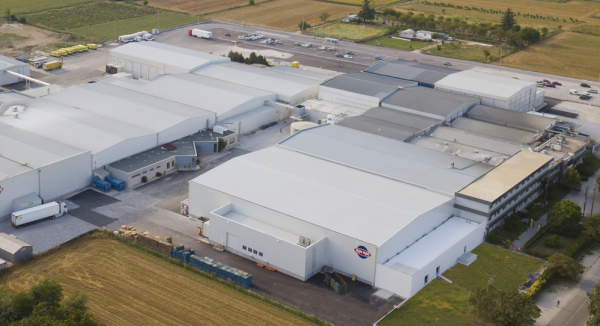
The company’s sales abroad run in double digits in the first five months of 2022, when domestic sales show a single-digit increase.
Today, the company, with continuous sales growth over the last six years, exports 46% of its production to 41 countries. Mr. Tsinavos stated that exports will be over 50% of the company ‘s turnover in 1-2 years and the goal is to reach 60%.
Priority for yogurt exports is given by the large markets of Spain and France, while the driving force in ice cream is frozen yogurt products that have already achieved high sales in export countries, such as Italy (3 million euros in sales) and Korea. In fact, the company after Korea is preparing to enter Japan this year by launching Greek frozen yogurt.
At the moment, the most important countries for Greek yogurt are England and Italy, noted Mr. Tsinavos, with the growth potential being huge, since the total market of Greek yogurt is estimated to reach 5 billion euros in 2024 alone. in Europe.
Interest for Dodoni
Kri-Kri remains among the claimants of the troubled company Dodoni Pagota SA, said the head of the company, stating that the interest is mainly focused on its brand and sales network on the islands.
According to Mr. Tsinavos, the results of the tender for the sale of Dodoni Ice Cream SA are expected around mid-June.
This is the third rescue effort since 2017 and as it seems despite the company’s problems, the strong brand it has keeps interest peaked.
78 million euro investments
The Serrais based dairy industry with 450 employees in the period 2014-2021 made investments of 78 million euros for fixed equipment.
In order to meet the high demand abroad for Greek yogurt, it plans to invest 10 million euros, submitting a relevant investment proposal to the new development law to increase the production capacity of the yogurt unit.
Biogas, photovoltaic and the ESG index in the background
Kri Kri, which aims to join the ATHEX ESG, is also investing in sustainable growth and the circular economy.
In this context, it created the Biogas Unit for the Production of Renewable Energy Source exclusively from liquid waste and by-products of industry, an investment of 6 million euros.
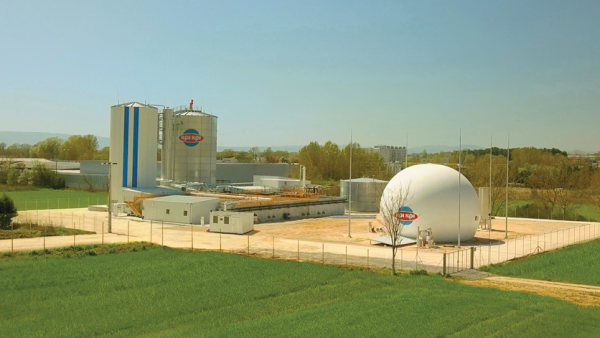
It is worth mentioning that this investment was made entirely with own funds and is a practical proof that Kri Kri is transforming its production model based on ESG standards.
At the same time, within the next two weeks, the integrated 1 MW photovoltaic system will be put into operation on the roofs of the company’s production facilities, an investment of 600,000 euros.
It should be noted that the listed dairy industry applied for a license for 3 MW, however it received a negative response, as HEDNO does not have the infrastructure (substation) to accept this additional power, so it was limited to 1MW.
Given that the cost of energy for the company has increased by 3-4 times according to Mr. Tsinavos, these investments will “mitigate” the energy costs of the company, but mainly will have an environmental benefit.
Electricity for 2,000 households
As mentioned for the biogas plant, Mr. Konstantinos Tragoudas, director of Sustainable Development of the company, is a pioneering high-tech project that utilizes both high-volume waste and high organic load resulting from the production of ice cream, dairy products and whey.
The unit is capable of anaerobic treatment of up to 3,000 cubic meters of wastewater per day and up to 200 cubic meters of whey per day. The results are multiple. The load that is neutralized is equivalent to a city with a population of 200,000.
In addition, the produced biogas will be used in the cogeneration unit of electricity and heat, the electricity will be available in the HEDNO network, while the generated heat will be utilized within the facilities, helping to reduce the use of natural gas.
The unit produces 500 cubic meters of biogas per hour and the electricity that will be generated covers the needs of 2,000 households. Greenhouse gas emissions will be reduced by 350 tonnes, while the plant ‘s contribution to the pan – European effort to achieve a climate – neutral and cyclical economy will be significant.
Kri – Kri in numbers
Kri-Kri holds the first position among yogurt producers in Greece and the second position as a brand in the Greek yogurt market, with its share amounting to 16.9% in value (Jan.-March 2022, IRI).
The company’s share in volume, including the products of private label and branded yogurt, exceeds 30%, a fact that results in 1 in 3 yogurts in Greece being produced by Kri-Kri.
Regarding the Greek ice cream market, Kri Kri is in second place, with a share of 15.0% (in volume, Nielsen), while it is the only Greek ice cream company with nationwide distribution. The developed network of 18,200 points of sale in the traditional market contributes mainly to this.
